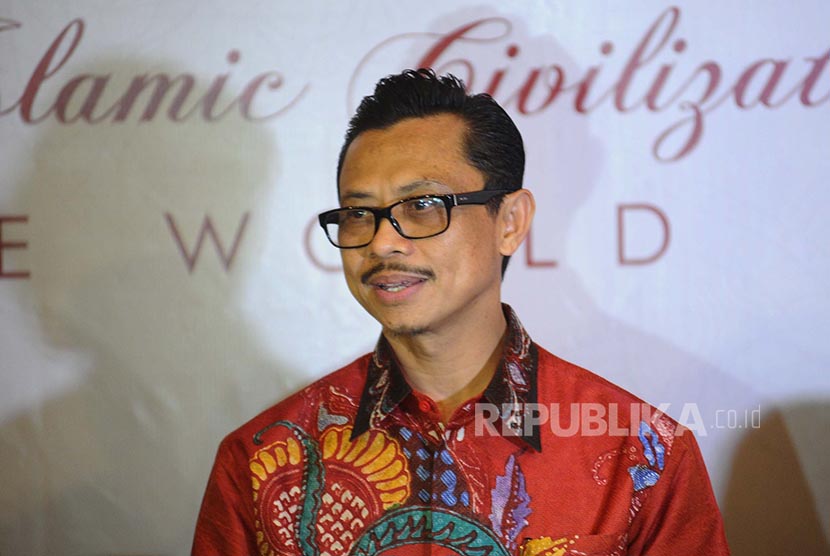REPUBLIKA.CO.ID, JAKARTA -- King Salman’s visit had taken public interest in Indonesia. The President of Nusantara Foundation Imam Shamsi Ali said welcoming guess in good manner was a part of Islamic and Indonesian teaching.
"Ikraam ad-dhuyuf (welcoming guest) is a part of faith. It is a part of humanity of the people in Nusantara,” he said on Tuesday.
Shamsi said King Salman was a country leader who had authorities to some permanent concerns of Indonesian Muslims, namely al-Ka’bah al-Musyarrafah as the qibla of Muslim prayers around the world and Madinah al-Munawwarah as the house of Prophet Muhammad. He has a psychological bond to Indonesian Muslim as he was the servant of the holy cities.
It was also a historical visit to Indonesia. Almost all of Indonesian presidents had come to Saudi Arabia. However, the king never had a reciprocal visit since the last 47 years ago, whereas visiting each other was a symbol of honor.
As the biggest oil producers in the world, the king’s visit would also be very important to Indonesia. It hopes to bring up to 25 billion dollars of lend and investment.
However, Shamsi said the visit might be followed by negative consequences. Firstly, Salman was the king of Saudi Arabia. The country did not show Islamic teaching spirit both in state and public management. The monarchy system with great belonging to the royal family eliminated the social justice to the lowest level. For Shamsi it was disappointing.
"Indonesia should get an honor as it successfully integrated Islam and democracy. It is rare among the Islamic countries,” he said.
Secondly, Saudi Arabia eliminated many groups to be able to maintain the Islamic faith, Ahlusunah. It was contrary to Prophet Muhammad’s spirit to protect the minorities, even if they disagreed with his faith.
“I don’t defend shia, but Saudi’s attack to Yemen is not proportional. It sacrifices the innocents,” he said.
Third, the reception was more excessive than those were given to the other Islamic country leaders. It would strengthen the negative stigma to Indonesian Muslims as an inferior to Arabs. However, Shamsi did not support the anti-Arabs.
Fourth, Saudi did not follow the international law in dealing with migrant workers. The country was reluctant to sign the international convention related to the domestic workers. This should be a part of the discussion because it was related to humanity and national dignity.
Lastly, many people overjoy the king’s visit as he said to put investments in Indonesia. However, it would have psychological consequences. “The greatness of a nation is not only measured by its economical development. The most important is to build its independency and honor,” he said.



